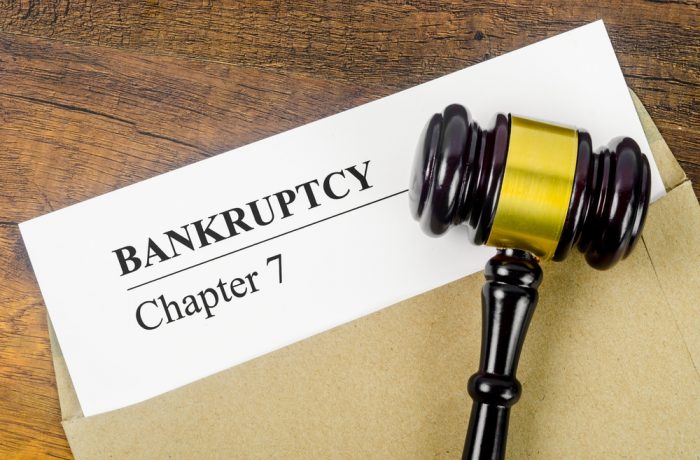By Jennifer A. Kingson, Axios
People who collected unemployment will receive smaller — or nonexistent — tax refunds this coming year because of a tax law quirk that counts unemployment as taxable income.
Why it matters: Tens of millions of Americans who arguably need the refund the most will wind up financially short for yet another year.
- Their household finances will remain precarious at a time of dismal job prospects — and they themselves may not be aware of the IRS’ Grinchiness on this front.
Where it stands: Countless Americans filed for unemployment benefits for the first time this year, and many probably didn’t ask the IRS and state tax authorities to withhold money from the payments the way an employer would — nor did they likely file quarterly tax estimates and payments.
- Come 2021, they’ll have to declare their benefits as income on their 2020 taxes, which could eviscerate any refund.
- Unlike unemployment benefits, the one-time $1,200 stimulus checks that were sent out this spring under the CARES Act are not taxable income — they’re considered tax credits.
The big picture: Even if tax authorities are lenient with their rules because of the pandemic, the fact remains that huge numbers of Americans of all income levels are going to miss out on the tax refunds they typically use to pay bills (including medical ones) or build their nest eggs.
- “Tax season is usually the largest infusion of cash that low-income families will get in a year,” says Leigh Phillips, president and CEO of SaverLife, a nonprofit that encourages low-income people to build up reserves.
- Already, she said, half of America couldn’t cover a routine financial emergency, like a flat tire.
- And, since March, more than 2.1 million Americans have taken the desperate step of withdrawing funds from their 401(k) plans to cover basic expenses, per The New York Times.
“There are a lot of individuals who do perceive a tax refund as a sort of forced savings account, and that could be quite disappointing when that’s not the case.” says Mike Savage, CEO of the tax preparation firm 1-800Accountant, whose clients are primarily very small businesses.
The details: The IRS will withhold 10% of an unemployment check if you ask them to — but that’s not sufficient if you fall into a higher tax bracket (as most people do), and it doesn’t cover what you owe in state taxes.
- According to a fact sheet that the IRS put out in August, “withholding is voluntary” and “if a recipient doesn’t choose withholding, or if withholding is not enough, they can make quarterly estimated tax payments instead.”
- Payments were due on July 15 and September 15; the next one is due on January 15.
- But “estimated taxes are often neglected and are misunderstood,” Savage tells Axios. “I think it’s going to be a big problem.”
The bottom line: People who lose their livelihood and have to forgo their tax refund are in for more than a one-two punch. They’re likely falling into a financial hole that will be existentially difficult to climb out of.
- Many people whose jobs were sidelined by the pandemic “have had no ability to earn income now for nine months,” says Phillips, whose clients tend to be low-income single mothers.
- “You don’t recover from that within a year, you don’t recover from that within a generation,” she said. “We’re trading short-term pain for a much worse situation down the road.”





